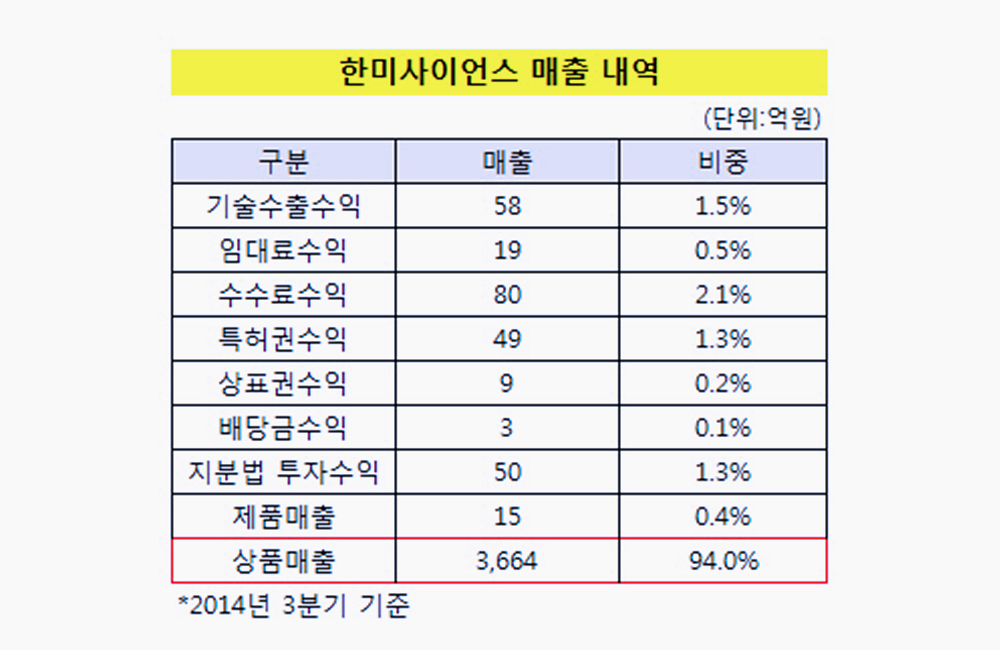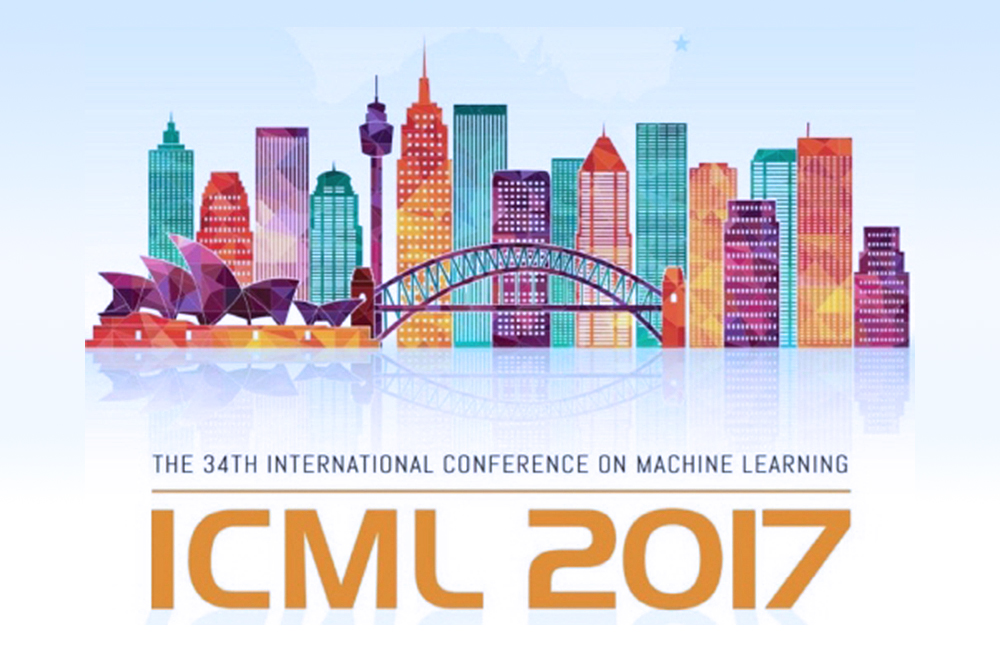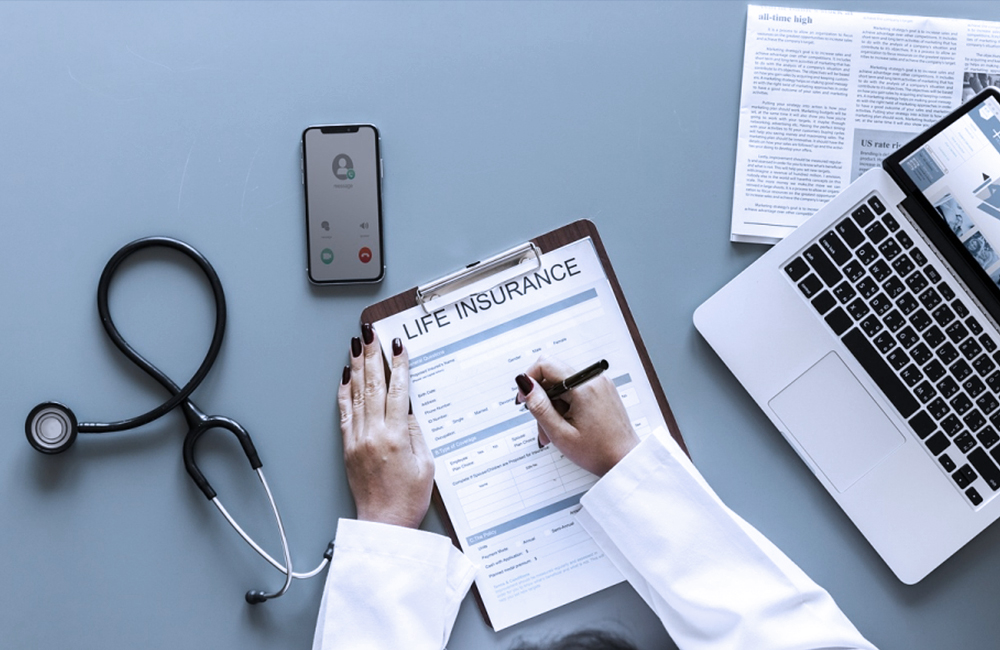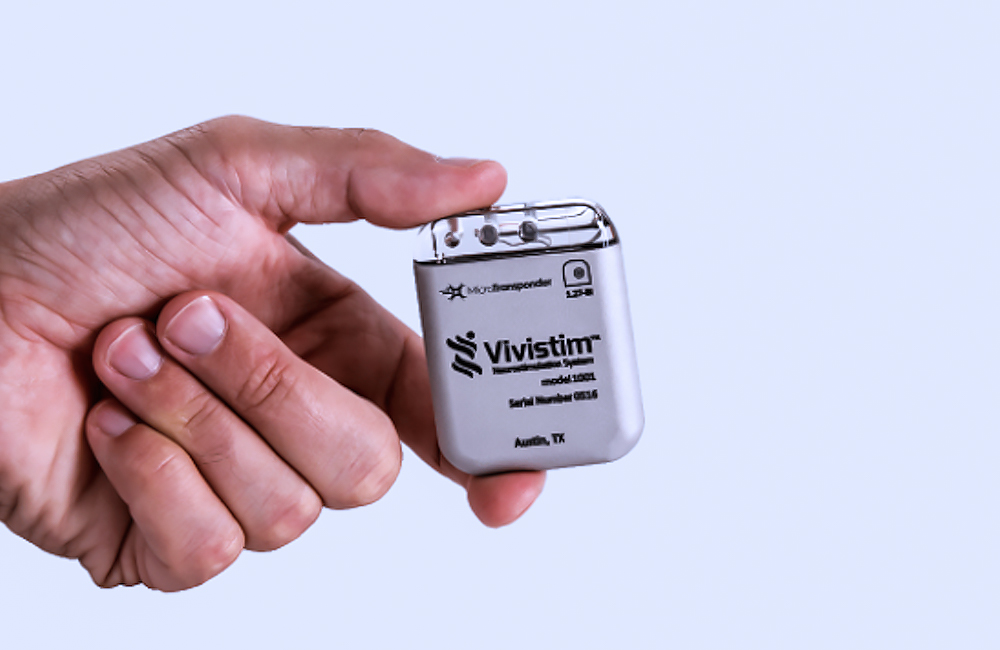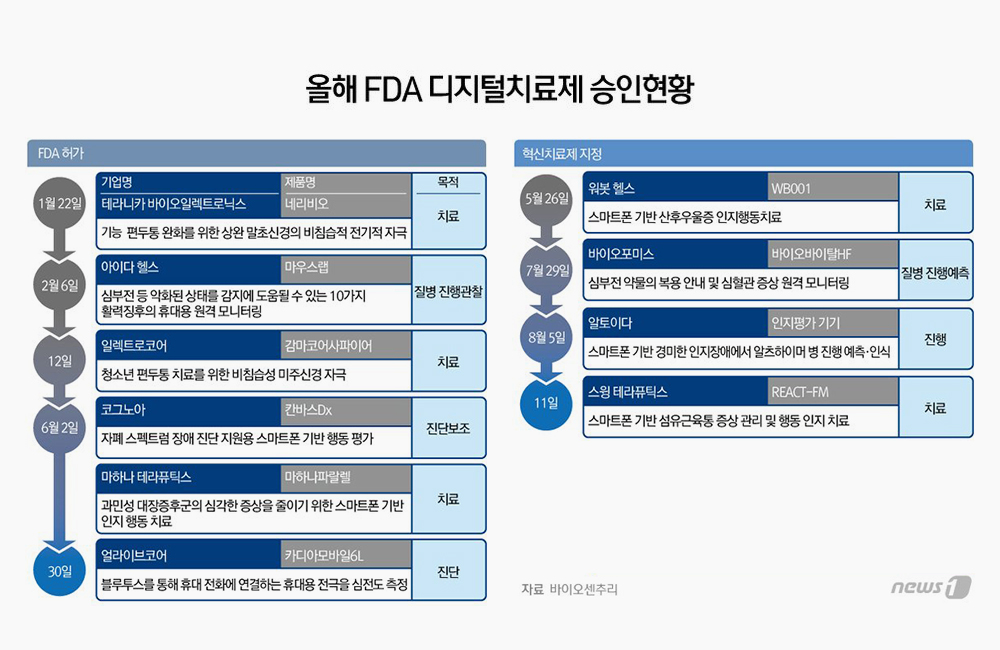The
Ministry of Food and Drug Safety has decided to recognize real-world evidence
(RWE) as clinical data in the approval process for digital technology-based
medical devices.
The
ministry said Thursday that it has revised the “Regulation on approving,
reporting, and screening medical equipment” to recognize RWE as clinical trial
data for approving medical devices that utilize digital technologies such as
big data and artificial intelligence (AI).
RWE
in medical devices, as defined by the ministry, is clinical evidence on the
results of using medical devices, potential benefits, and risks derived by
processing and analyzing medical-related data routinely collected from various
sources, such as patient health status generated by using medical devices,
electronic medical records, and medical information of the National Health
Insurance Service (NHIS).
Thanks
to this revision, RWE data will be recognized as clinical trial data to confirm
safety and efficacy when approving medical devices with digital technologies,
such as big data and AI, medical devices designated as rare or urgently needed
for introduction, and medical devices made using 3D printers. Currently,
applicants must submit human test data or papers and literature.
Besides,
the food and drug safety ministry stipulated the definition of RWE data and
matters that should be included to ensure reliability, such as the data
quality.
Among
them are:
●
The validity of the type, source, collection method, selection criteria, and
exclusion criteria of the RWE.
●
Information on the medical devices used.
●
Information on the planning, implementation, and result analysis required to
collect and evaluate the RWE.
●
Personnel involved in the collection and analysis of the information used.
●
Indications, performance, procedure methods, and analysis items of the RWE.
The
ministry explained that recognizing RWE as clinical trial data complements the
2019 guideline for applying RWE for medical devices, previously operated as a
yardstick to secure predictability and reliability in medical device approval
reviews.
The
regulator noted that the RWE data could be applied to new approvals or changes
in the purpose of use of the above medical devices. However, it added that
prior consultation or discussion may be required for the approval process using
RWE data.
"By
actively utilizing RWE for safety and validation, it will be possible to
establish a flexible development strategy tailored to the characteristics of
software medical devices," Welt CEO Kang Seong-ji said. Kang, who has led
Welt, a digital therapeutic device developer, doubles as head of the DTx
Division of the Innovation Industry Committee of the Korea Medical Devices
Industry Association (KMDIA).
The
ministry said, “We expect this revision to promote the development of digital
medical devices utilizing big data information from real-world medical
environments and help medical device manufacturers and importers to bring safe
and effective medical devices to market quickly."



